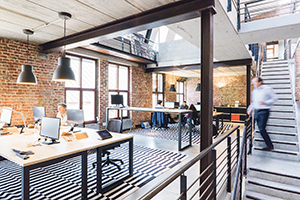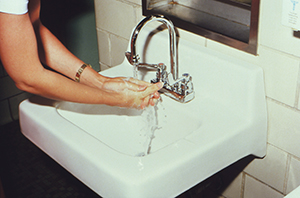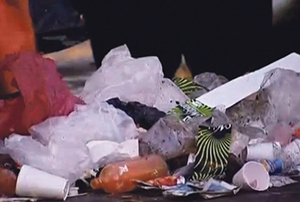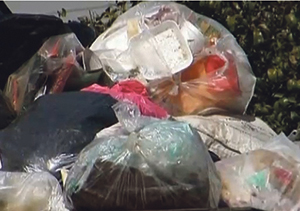The government has published, and is continuously updating, its guidance for workplaces to help employers, employees and the self-employed work safely during COVID-19. Each guide for businesses includes appropriate steps that should be taken in relation to cleaning, for and cover a range of different types of work.  The Government has advised that further guidance will be published as more businesses are able to reopen.
The Government has advised that further guidance will be published as more businesses are able to reopen.
The Health and Safety Executive has also prepared guidance for employers to help them take reasonable steps to protect the workforce and others from coronavirus.
Not surprisingly it has been reported that professional cleaning firms are busier than ever with healthcare settings, offices and schools requesting deep cleaning services during the outbreak and in preparation for patients, people and pupils returning to the workplace.
Public Health England has published advice on what people need to know about cleaning (in non-healthcare settings) if someone suspected of carrying the Coronavirus has been present. This guidance has been prepared based on knowledge of other viruses and is being regularly reviewed and updated.
For all work settings seeking to reduce the risk from coronavirus, cleaning is a critical part of ensuring your business is and remains ‘COVID-secure’.
 While new aspects of the virus are still being uncovered, one thing that is known is that coronavirus can be transferred from people to surfaces. It can then be passed onto other people who touch the same surface. Keeping your workplace and surfaces clean can help to reduce the risk of infection transmission.
While new aspects of the virus are still being uncovered, one thing that is known is that coronavirus can be transferred from people to surfaces. It can then be passed onto other people who touch the same surface. Keeping your workplace and surfaces clean can help to reduce the risk of infection transmission.
This may involve increasing how often and how thoroughly work spaces are cleaned as well as cleaning surfaces and areas that may not usually form part of your cleaning regime.
 Before deciding what cleaning protocols are the most appropriate for your work setting, the first step is to carry out a risk assessment to consider how best to work safely and protect your workforce during coronavirus. The Government has created a step-by-step online assessment for businesses that are allowed to reopen in England, which is designed to help employers, employees and the self-employed make sensible adjustments to their work space.
Before deciding what cleaning protocols are the most appropriate for your work setting, the first step is to carry out a risk assessment to consider how best to work safely and protect your workforce during coronavirus. The Government has created a step-by-step online assessment for businesses that are allowed to reopen in England, which is designed to help employers, employees and the self-employed make sensible adjustments to their work space.
At a minimum disposable gloves and an apron should be worn when carrying out cleaning – regardless of whether infection is suspected. If visible contamination is present then additional PPE for the eyes, mouth and nose might be necessary.
Increasing waste collections should also be considered, especially if contaminated waste is present. This should be stored separately from other waste for a minimum of 72 hours, which is the amount of time it is believed the virus poses a transmission risk.
 Responsible waste removal is essential if infection is suspected. Contaminated waste should not be stored with normal waste for 72 hours. If this is not possible then collection can be arranged through a specialist waste contractor who will treat it appropriately. The contaminated area should also be deep cleaned afterwards to ensure any remaining harmful bacteria are completely removed.
Responsible waste removal is essential if infection is suspected. Contaminated waste should not be stored with normal waste for 72 hours. If this is not possible then collection can be arranged through a specialist waste contractor who will treat it appropriately. The contaminated area should also be deep cleaned afterwards to ensure any remaining harmful bacteria are completely removed.
If you are organising a deep clean at premises where you suspect someone may have been carrying the virus, then a full fogging service, carried out to the correct European (EN) standards for killing bacteria and viruses, is a sensible measure to ensure the highest level of hygiene.
To protect the ongoing health of your workplace, your workforce and visitors, here are 5 top tips to stop the spread of germs:
- Encourage the frequency of handwashing and make hand sanitiser available around the workplace, particularly in meeting areas and communal spaces.
- Desks should be safely spaced and, if space allows, consider a one-way system around office walkways.
- Declutter personal workspaces and keep desks paper-free to minimise cross-contact and to make spaces easier to clean.
- Damp surfaces are a breeding ground for germs so ensure counter tops used for food and drink preparation are kept clean and dry.
- Use hands-free bins for food waste disposal to minimise the risk of germs spreading.
T 0800 012 5188
www.safesitesecuritysolutions.co.uk
